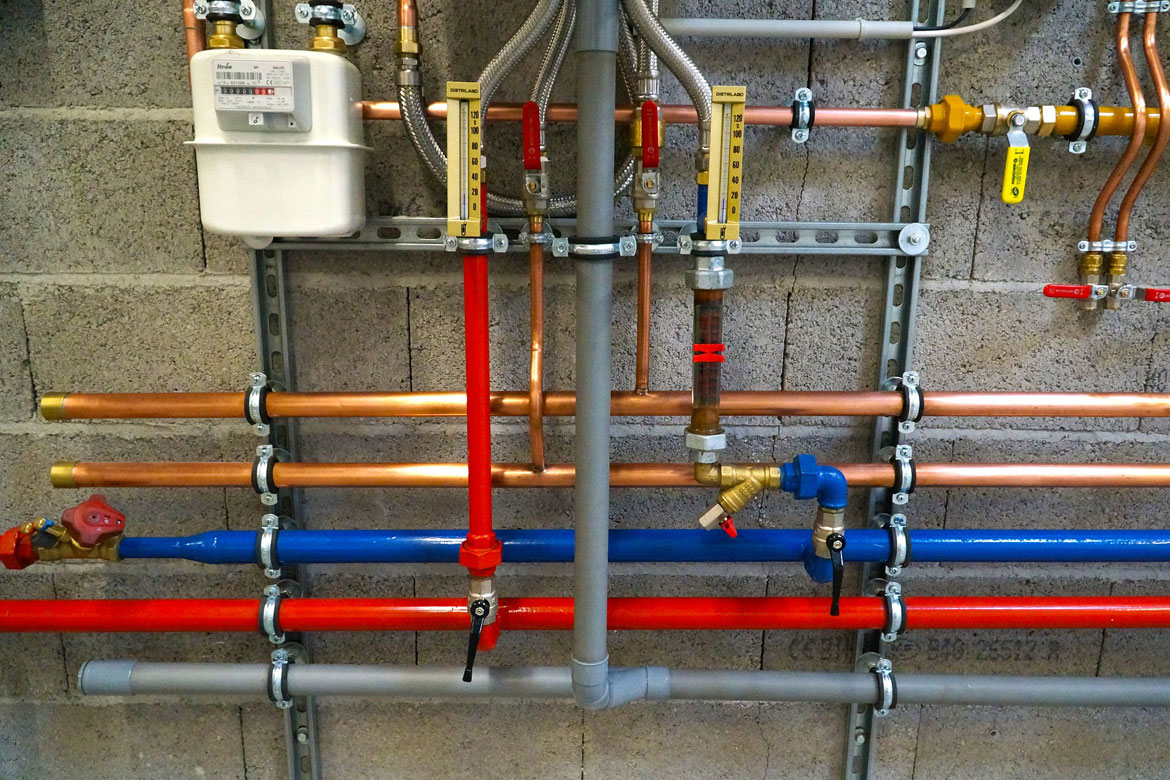Pulse of Information
Your source for the latest insights and updates.
Plumbing Nightmares: Don't Let Your Pipes Get the Best of You
Discover shocking plumbing disasters and expert tips to prevent your pipes from turning into your worst nightmare! Don't miss out!
How to Avoid Common Plumbing Nightmares: Tips for Homeowners
As a homeowner, avoiding common plumbing nightmares begins with understanding the fundamentals of your plumbing system. First, it is crucial to regularly inspect your pipes and fixtures for any signs of wear and tear. For instance, check for leaks under sinks, around toilets, and at the base of appliances. Maintaining proper drain hygiene is another essential tip; using a drain strainer can help to catch debris and prevent clogs. Additionally, consider these quick preventive measures:
- Schedule routine plumbing inspections.
- Flush your drains monthly with hot water.
- Avoid pouring grease down the sink.
Another key aspect in avoiding plumbing disasters is knowing your limits when it comes to DIY repairs. While many homeowners may feel confident tackling minor issues, calling a professional is often the best choice for complex problems. For example, if you encounter persistent clogs or strange noises from your pipes, it could indicate a more significant issue. In such cases, it's wise to consult a licensed plumber who can diagnose the problem accurately. Lastly, familiarize yourself with the location of your home's main water shut-off valve. In an emergency, being able to quickly shut off the water supply can prevent extensive damage and costly repairs.

What to Do When You Encounter a Plumbing Emergency
Plumbing emergencies can be stressful and disruptive, but knowing how to react can save you time and money. The first step is to identify the source of the problem. If you encounter a leak, either from a pipe or fixture, locate the shut-off valve—this is typically found near the affected area. Turn off the water supply to prevent further damage. If you're dealing with a clogged drain or toilet, it's important to avoid flushing or using additional water until the issue is resolved. Remember, taking prompt action can prevent minor issues from escalating into costly repairs.
After addressing the immediate threat, assess whether you can handle the situation yourself or if it's time to call a professional plumber. If the problem persists or if there's significant water damage, it's best to consult an expert. Keep the following tips in mind:
- Document the damage with photos for insurance purposes.
- Gather any tools or materials you might need if it's a DIY repair.
- Stay calm and composed—panic can lead to mistakes.
Signs Your Plumbing System Needs Immediate Attention
Understanding the signs your plumbing system needs immediate attention is crucial for maintaining a healthy home. One of the most obvious indicators is the presence of leaks. Whether it's a dripping faucet or water pooling around pipes, leaks can cause significant water damage and lead to mold growth if not addressed promptly. Additionally, if you notice a sudden increase in your water bill without any changes in your usage, this could be a sign of an underground leak or an issue within your plumbing system that requires inspection.
Another clear symptom is slow drainage in sinks, bathtubs, or showers. If water sits in your fixtures for an extended period, it might indicate a blockage in your plumbing. Other warning signs include frequent clogs and backups, which suggest that your pipes may be dealing with too much pressure or buildup of debris. Lastly, if you hear gurgling noises from your drains, this could signify that air is trapped in the plumbing, pointing towards a potentially serious issue needing immediate care.